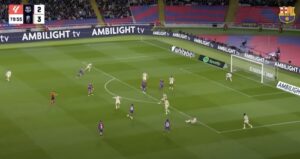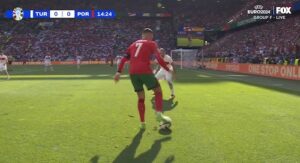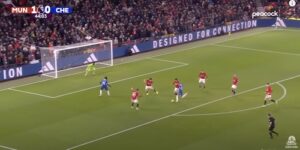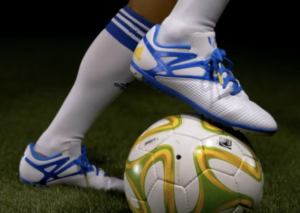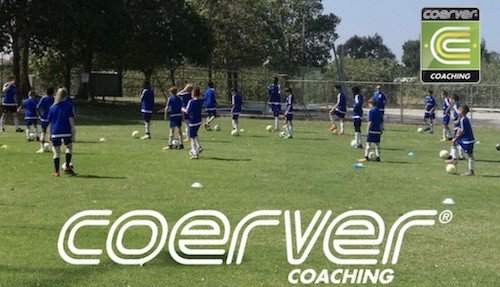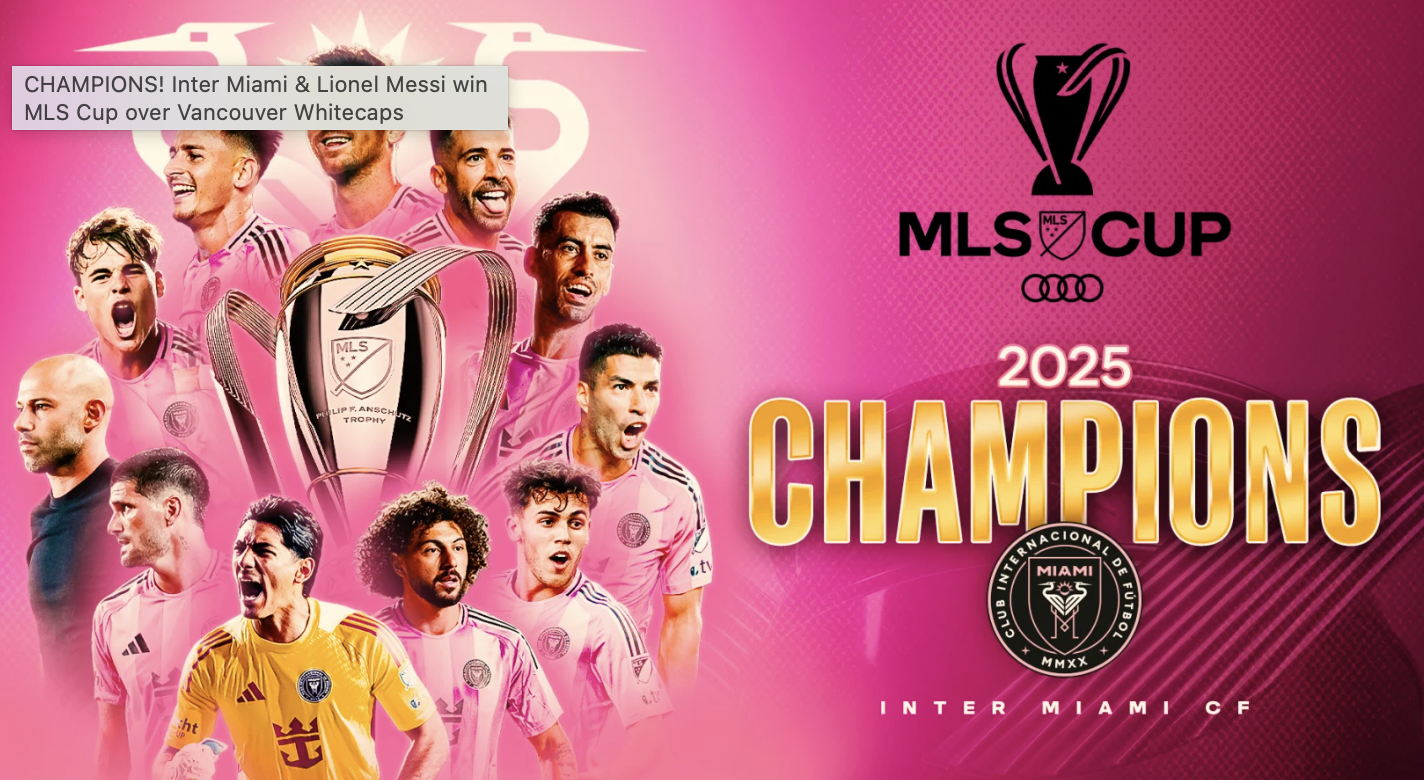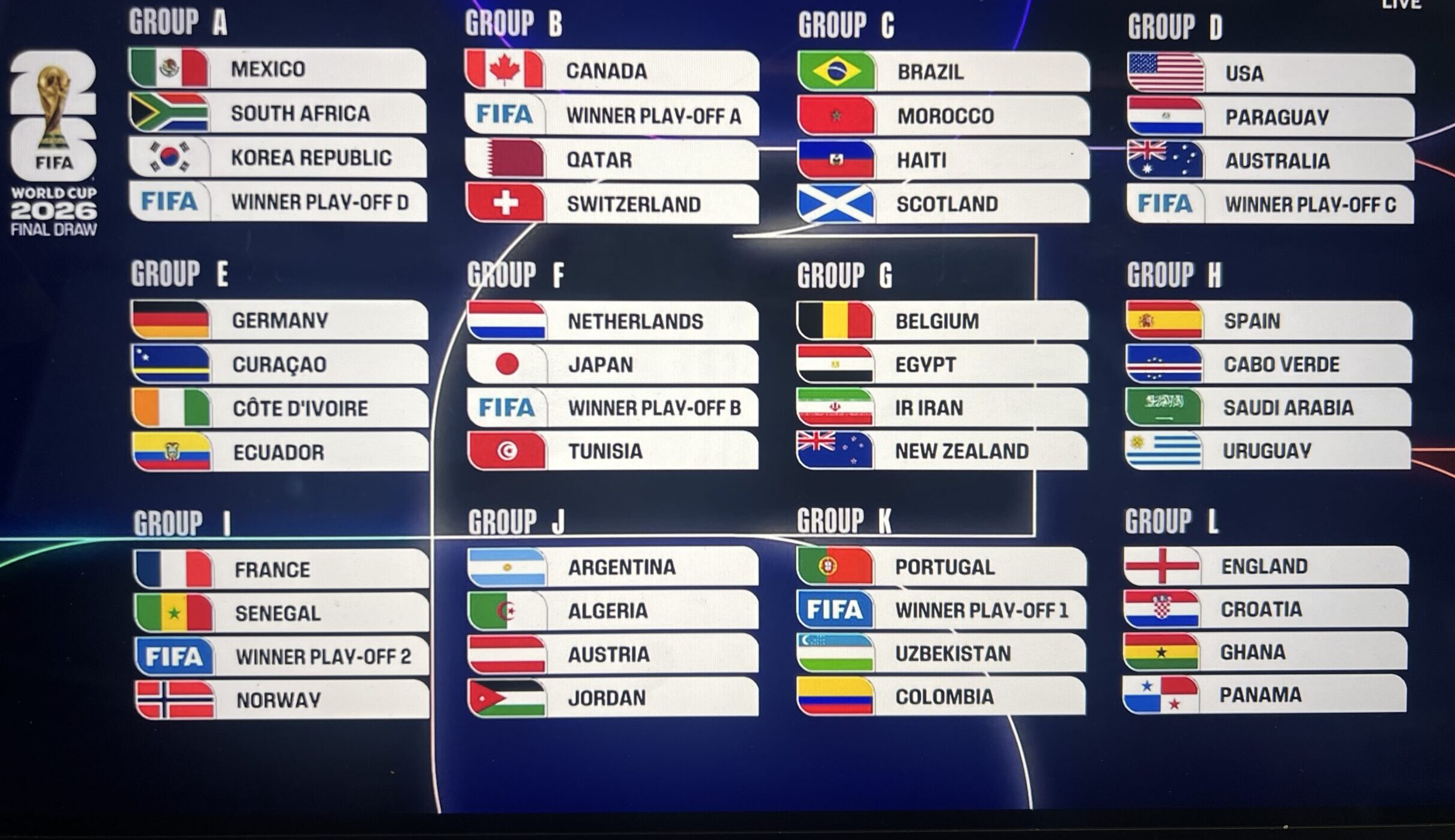| When it comes down to it money talks no doubt. The rivalry between Celtic and Rangers takes place not just on the pitch but off, or while they’re watching one another. I flick on Bloomberg’s stock report in the morning and get the real news. Events are filtered through the business world and you actually get to see how things are truly connected. Spin and politics stripped away. The end goal is to make money.
Sure, this is the beautiful game, and no doubt what drives a soccer player is who he’s performing for. Himself? His family? His teammates? The fans? His coach? All of those. That’s what we all seek, right, a bit of applause. There’s no doubt doing something for someone else is more rewarding than piling up your money and living in on a secluded island. Well, maybe a big pile of money would make you a bit happier. But to get back to the story.
There’s a bit of both, money and applause, that’s what we seek. You can’t have one without the other right? One hand claps the other. For the owners though, they have to take a different view.
But, could you imagine 80,000 people chanting your name? That’s worth it right there? Equally, there is the chance that you’ll be hearing 80,000 whistles if you’re not up to the challenge.
In this case, it was Celtic going further into the Champions League last season and then out bidding the Rangers on new signings for the coming season.
Rangers’ failure to qualify last season meant they were forced to watch as their fiercest rivals Celtic made it all the way to the last 16 of the competition, where they lost 1-0 after extra time to AC Milan.
Not only did Celtic win plaudits from across their continent for running the eventual winners of the competition so close, but the Parkhead side also collected more than 10 million pounds for their efforts.
There is not mistaking the incentive that money will give a team.
Whether it’s a Super Liga payoff of 1 million or the reward of making the group stage of the Champions League. Is that what the MLS needs to put into play? An incentive. A payoff or drop. What if the Galaxy would drop down to the USL if they didn’t finish in the top rank and file. Demoted. That will get you to raise your game.
And how is this money divided up by the team that wins the SuperLiga? Washington Post has the inside information.
SUM will reward the tournament champion $1 million. If an MLS team wins, $150,000 of the prize money will be earmarked for the players to divide. The league also will award $100,000 to the players on an MLS team that loses in the final, and $50,000 to the players on any MLS team that loses in the semifinals.
If you’re making $40K per year then bonus of say $5K to $10K is too bad.
What are US national team players paid when they take part in a friendly or FIFA sanctioned game? Beckham has to fly across the pond to play in a game for England. What is he paid? How does that affect his club and team. Manchester United’s coach, Alex Ferguson is always complaining how his players already play enough games as it is. He doesn’t need them taking part in meaningless friendlies.
This is an old article, from 2005, but touches on a lot of interesting things related to who gets the money in US national team soccer:
Levinstein says: “Total sponsorship revenue directly associated with the signboards on the sideline of men’s national team games and their sale of television commercial time during the broadcasts for the men’s national team during 1999-2002 was approximately $40 million.” Moorhouse says that money can’t be parsed out so easily, that sponsors buy into all the Federation’s programs. Given the marketability of Mia Hamm and Freddy Adu, neither of whom have played for the men’s national team (yet), the Federation has a point.
Looking at the World Cup qualifying bonus that were doled out , oil comes into the picture:
At one end of the scale are the players from Saudi Arabia. The world’s richest kingdom would not say exactly what bonus its players would get, but each player already received $17,500 for qualifying from the country’s soccer association, plus a Mercedes automobile and personal gifts from varying members of the Saudi royal family. Winning the World Cup was rumored to be worth $1 million per player, something that was not denied, but quickly became moot. After losing 8-0 to Germany and 1-0 to Cameroon, Saudi Arabia became the first nation among 32 to be eliminated from advancement.
Then there’s the seeking out of Chinese Beckhams, so to speak. Who is the Posh Spice of Asia? Find a player married to the most famous star in Asia and you’re in the money. Players in Asia who will sell jerseys and attract Chinese viewers who then see a Chinese company’s logo on their now favorite team.
The trek to China began a decade ago with the U.K.’s tiny Crystal Palace club, which faced potential demotion from the Premiership–England’s top league–and the threat of bankruptcy if that occurred. Palace bet on a pair of Chinese national team defenders for $1.7 million, roughly a quarter of the team’s annual broadcasting revenue. Sun Jihai and Fan Zhiyi were the first Chinese players to suit up for a British club and within weeks appeared in the first live broadcast of English soccer on national television in China. More than 100 million viewers tuned in, a larger audience than what the NFL’s Super Bowl drew in the U.S. this year. Suddenly floundering Palace was the most popular soccer team in China.
The Premiership’s latest rights deal with Guangdong Provincial Television’s WinTV covers three years for $50 million, 40% more than the bid put in by incumbent carrier ESPN STAR Sports.
Plus, Chinese soccer fans love to intensify a soccer match further by betting on the game. Trouble with match fixing in their own league they now bet on European matches:
China’s soccer gambling market reached $33 billion in 2006, tripling in two years and surpassing the U.K.’s $30 billion industry, according to estimates from U.K.-headquartered Global Betting & Gaming Consultants. Still, that is only $25 per person in China, compared with $488 in the U.K.
The rewards that much bigger though in some tournaments, and their win lifts up an entire country:
During Sunday’s final, state television reported that he would reward every player with a $10,000 bonus. Soon after the final whistle, the station reported that al-Maliki was congratulating team members on the telephone. But live coverage showed the entire squad celebrating on the pitch.
President Jalal Talabani, a Kurd, ordered an additional $10,000 reward for the players and twice that for Sunday’s goal scorer Younis Mahmoud, a Sunni Arab, who scored on a pass from Mulla Mohammed, the team’s only Kurdish player.
I think it was Dunga, who said, on winning the Copa America this year (2007). We offer this win to all the workers who come home to catch our game on TV or follow Brazil with their hearts. Not his exact words but the feeling was to play for the fan who toils all day and finds solace in watching football on TV. I agree.
Here’s the real quote, much better said
“We came to rescue the self-esteem of the Brazilian worker, who wakes up in the morning and returns home late at night, whose only satisfaction in life is seeing Brazil win a football match.” – Dunga
Hedging your investment.
The business of buying and selling players is a new game in town for hedge funds and those looking for unique investing opportunities. Certainly the MLS is hoping that this is how they can raise money I would think, and Europe see the US as a cheap way to bring in quality players. The quality might not be that of Africa or certainly not of South America, but for keepers it might be the best source.
As investors range far afield in search of places to put their money, hedge funds have expanded investments beyond stocks and bonds into art, wine, rare stamps and even soccer players. Money managers have begun to look at these so-called exotic assets as way to diversify risk while searching for assets that may provide a cushion if the five-year market boom comes to an end. Critics, however, call them too risky and opaque.
Mr. Goncalves searches for unknowns on youth teams run by major Portuguese clubs with which his firm has forged an alliance. When they get interested in a player — usually a teenager in Brazil or Portugal — Mr. Goncalves’s company and one of its partner clubs make a cash offer to a local, neighborhood team for the player’s rights, usually for less than $1 million.
In a typical deal, Mr. Goncalves’s firm, a unit of Orey Group, a Lisbon-based shipping and industrial conglomerate, contributes about 15% of the cost of buying a player’s contract, with the professional team kicking in the rest. That gives Mr. Goncalves’s fund a 15% stake in the player, while reducing any loss for the team if he doesn’t pan out. If the player does well and a wealthier team comes calling, the fund and its partner club sell the player’s rights at a higher price.
The Beckham affect is now less star power or Hollywood but his pedigree as a soccer player. His class. His professionalism. Those traits rub off on his teammates and will probably have the greatest influence on Donavon. But, you can see the players up the ante when Beckham is around. Maybe it’s the added fans at the games and the cameras. Sure, all of that. But it’s not unlike a dog claiming his territory. Now, the best players before, a Jaime Moreno or Gomez of DC United, have to do more to stand out let’s say when Beckham is on the pitch.
Although Donavon will probably gain this most from having Beckham around, he now has someone to pass to and who will pass it back. More so, it’s the great long balls that Beckham plays, Landon will be on the end of many of those. Who do we perform for? If a great player is playing along side of us we want to impress him do we not. |

